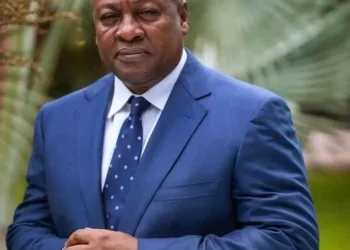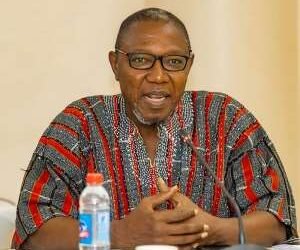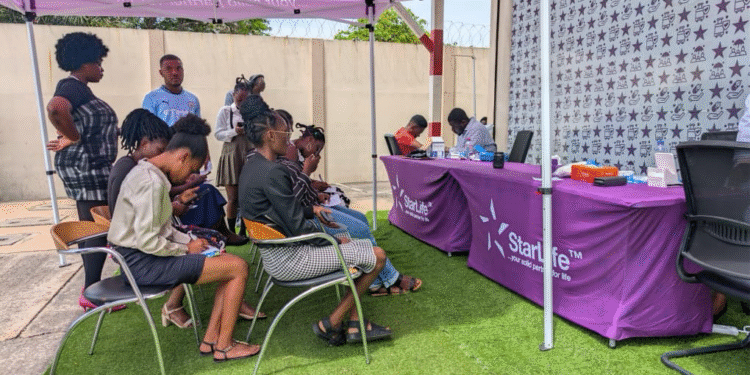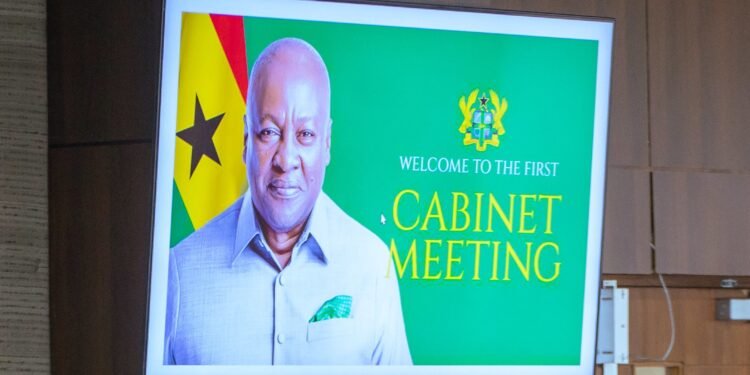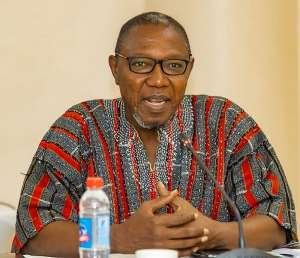Renowned legal scholar and CDD-Ghana Fellow, Professor Stephen Kwaku Asare, has called for the establishment of a robust legal framework to regulate unexplained wealth in Ghana, warning that unchecked displays of opulence among public officials are undermining public trust and distorting the meaning of service and merit in the country’s governance system.
In a detailed analysis shared under the theme “It is Time to Give Legal Teeth to Accountability,” Prof. Asare observed that Ghana’s urban skylines, particularly in Accra’s affluent enclaves such as Airport Residential Area, Cantonments, and Labone, now serve as physical reminders of inequality and impunity.
“We are surrounded by it — opulence in plain sight. Towering luxury high-rises are sprouting across Accra’s skyline, yet many of these gleaming developments stand eerily empty.”
Professor Stephen Kwaku Asare
He cited the observations of business magnate Sir Sam Jonah, who had previously questioned the legitimacy of funding sources behind such extravagant developments.
“If these buildings were financed through conventional bank loans, developers would be under pressure to fill them immediately,” Sir Sam Jonah reportedly said — a point that Prof. Asare echoed to highlight the growing disconnection between visible wealth and lawful income sources.
The legal scholar lamented that Ghana has entered an era where people “who have never held productive employment enter politics and, overnight, build mansions, acquire fleets of luxury cars, establish foundations, and live lifestyles that honest professionals can scarcely imagine.”
Such patterns of enrichment, he argued, erode confidence in public institutions and corrode the moral fabric of society. “This phenomenon corrodes public trust, fuels resentment, and mocks the very idea of public service,” he stressed.

According to Prof. Asare, this culture of unexplained affluence is not merely a moral problem but a legal failure, a symptom of Ghana’s inability to operationalize constitutional provisions meant to safeguard accountability.
“If we are serious about restoring integrity in public life, then this unrestrained display of unexplained wealth cannot remain beyond the reach of the law. It is time to give legal teeth to accountability”.
Professor Stephen Kwaku Asare
A Comprehensive Unexplained Wealth Law
He therefore proposed the enactment of a comprehensive Unexplained Wealth Law (UWL) to ensure that public officers whose wealth far exceeds their known income are legally compelled to justify their assets.
Such a law, he said, would give practical force to Article 286(4) of Ghana’s Constitution, which deems any property acquired by a public officer and not traceable to a lawful source as unconstitutional. “Yet without a law to operationalize this, the provision remains dormant and symbolic,” Prof. Asare explained.
He argued that a credible Unexplained Wealth Law would help close the gap between looting and asset recovery, as law enforcement would be able to target the questionable wealth itself rather than rely solely on criminal prosecution, which often falters for lack of evidence.
“Even if looting is suspected, proving a specific offence may be difficult. A law aimed at unexplained wealth allows law enforcement to target the wealth itself when a public official cannot show how large assets were lawfully acquired.”
Professor Stephen Kwaku Asare
Prof. Asare also called for a reversal of the traditional burden of proof in corruption-related cases. He suggested that instead of the State having to prove every detail of illicit enrichment, the onus should shift to public officers to demonstrate that their wealth was lawfully earned.
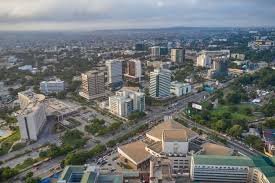
“When a person’s assets far exceed their lawful income, they should be the ones explaining, not the State chasing evidence that is often deliberately hidden,” he said. Beyond criminal enforcement, he believes a UWL would strengthen the asset declaration regime, one of Ghana’s most neglected anti-corruption mechanisms.
“We already have asset-declaration requirements, but verification and enforcement are nonexistent. A law dedicated to unexplained wealth would embed verification, audit, and enforcement mechanisms into the system.”
Professor Stephen Kwaku Asare
Empowering Oversight Bodies
The scholar further maintained that a strong Unexplained Wealth Law would empower oversight bodies such as the Auditor-General, the Office of the Special Prosecutor (OSP), and the Commission on Human Rights and Administrative Justice (CHRAJ).
He emphasized that such a law would give them explicit statutory powers to demand an explanation of unexplained assets, and to freeze, seize or recover them where no lawful source is shown.
In addition, Prof. Asare pointed out that such a law would align Ghana’s anti-corruption efforts with international standards, including those outlined in the United Nations Convention Against Corruption (UNCAC), which advocates the creation of illicit enrichment offences.
For him, a national law would place the country in step with global standards of transparency and good governance. Highlighting the practical side of enforcement, Prof. Asare proposed that Ghana adopt civil-based asset recovery mechanisms to complement criminal prosecution.
“Not all situations permit criminal prosecution. Witnesses may vanish, looters may disappear, or evidence may corrupt. A dedicated law could allow recovery of unexplained assets through civil actions, lowering the barrier for accountability.”
Professor Stephen Kwaku Asare
He further asserted that such a law would serve as a deterrent to abuse of public office, restore public trust, and protect honest public servants.
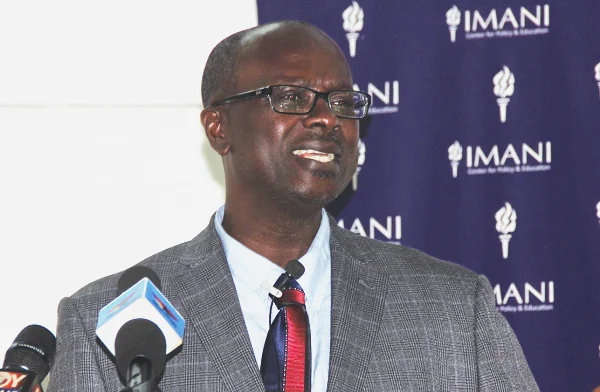
For him, when public officers know that unexplained wealth can trigger legal consequences, it changes the calculus of risk, as it will dissuade extravagant accumulation without justification and reinforces the norm that public office is not a shortcut to private fortune.
To those who might view the proposed law as punitive or anti-success, Prof. Asare clarified that the intention is not to punish prosperity but to safeguard integrity.
“Those who can account lawfully for their assets have nothing to fear. The law protects integrity by distinguishing between legitimate wealth and accumulation that cannot be explained, thus safeguarding honest public service.”
Professor Stephen Kwaku Asare
Target the Wealth itself, not the Owner
He also emphasized that a strong Unexplained Wealth Law would target the wealth itself, not just the owner — ensuring that even when offenders flee, die, or use nominees to conceal assets, justice can still prevail.
“A strong law would empower the OSP, EOCO, and CHRAJ to trace, freeze, and recover such assets, whether held by nominees, shell companies, or heirs. In a country where the skyline gleams with unexplained opulence, justice must outlive the looters. They may disappear, but their loot should not!”
Professor Stephen Kwaku Asare
Prof. Asare concluded that Ghana’s anti-corruption fight must evolve beyond rhetoric into practical, enforceable accountability.
While the criminal pathway may focus on the culprit and require proof beyond reasonable doubt, for Professor Asare, the civil pathway must focus on the property, shifting the burden of proof when wealth cannot be lawfully explained..

According to him, unexplained wealth is not just a legal problem but a moral one, a signal of how far Ghana’s governance culture has strayed from the principles of transparency and fairness.
The enactment of a Unexplained Wealth Law, he said, would mark a decisive step toward restoring confidence in public service and reaffirming that prosperity must have a lawful source.
READ ALSO: Peace Accord Between Thailand, Cambodia Signed On ASEAN Summit Sidelines





